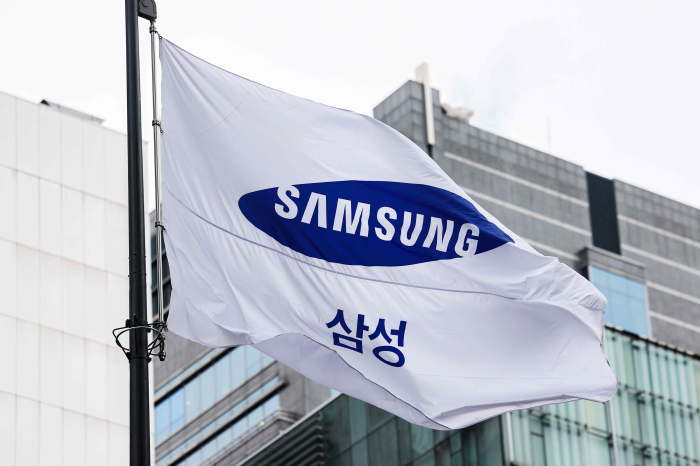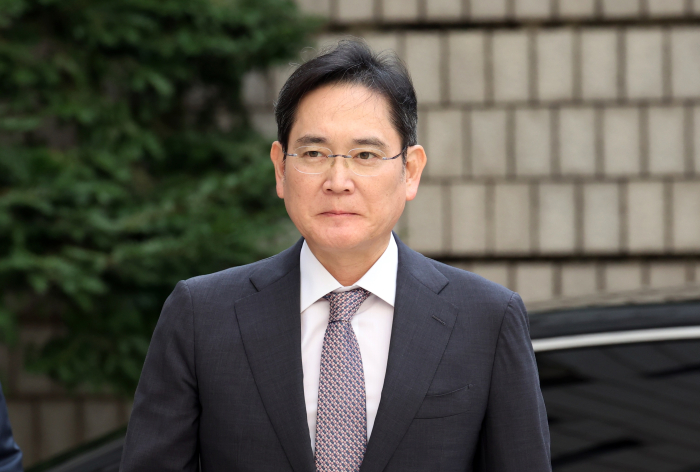
Samsung Electronics Co. will buy back 10 trillion won ($7.2 billion) in shares over a one-year period to prop up its share price, which has plunged more than 30% this year to the level of its liquidation value.
On Friday, the world’s largest memory chipmaker announced the share repurchase plan in its first buyback program since repurchasing 9.3 trillion won in shares between 2017 and 2018. It will be carried out in phases, starting next week.
“In the next three months, 3 trillion won in stock will be repurchased and all of the shares will be cancelled,” Samsung said in a statement.
The shares it is set to buy back from Nov. 18 through Feb. 17, 2025 will comprise of 50.14 million common shares and 6.91 million preferred shares. They represent 0.84% of its outstanding shares, respectively.
The timeframe for its next batches of buybacks for the remaining 7 trillion won and how to use them will be determined later on.

As of the end of September, Samsung sits on 103.8 trillion won in cash and cash equivalents.
On Friday, the buyback announcement drove its share price 7.21% higher to close at 53,500 won against the steady Kospi market.
But its shares have skidded 32.8% since the start of this year, in contrast to the surge in rivals’ share prices.
Shares in the world’s largest foundry company TSMC have skyrocketed 74.5% year-to-date. MediaTek, a Taiwanese fabless semiconductor company, and SK Hynix Inc., the high-bandwidth memory (HBM) leader, rallied 29.5% and 25.1%, respectively, over the same period.
“We’ll do our best to boost our share price in order to enhance our corporate value for shareholders,” said a Samsung Electronics executive.
Back in 2015 and 2017, the largest stock in South Korea in terms of market value repurchased 11.4 trillion won and 9.3 trillion won in shares, respectively.
Buoyed by the repurchases, its share price had surged 52.5% through the end of November 2018, when it wrapped up the buybacks and their retirement.
Last month, Jun Young-hyun, vice chairman and head of Samsung Electronics’s semiconductor business, vowed to take drastic steps to improve profitability and regain memory leadership after flagging weaker-than-expected third-quarter earnings.
By Jeong-Soo Hwang and Han-Shin Park
hjs@hankyung.com
Yeonhee Kim edited this article.















